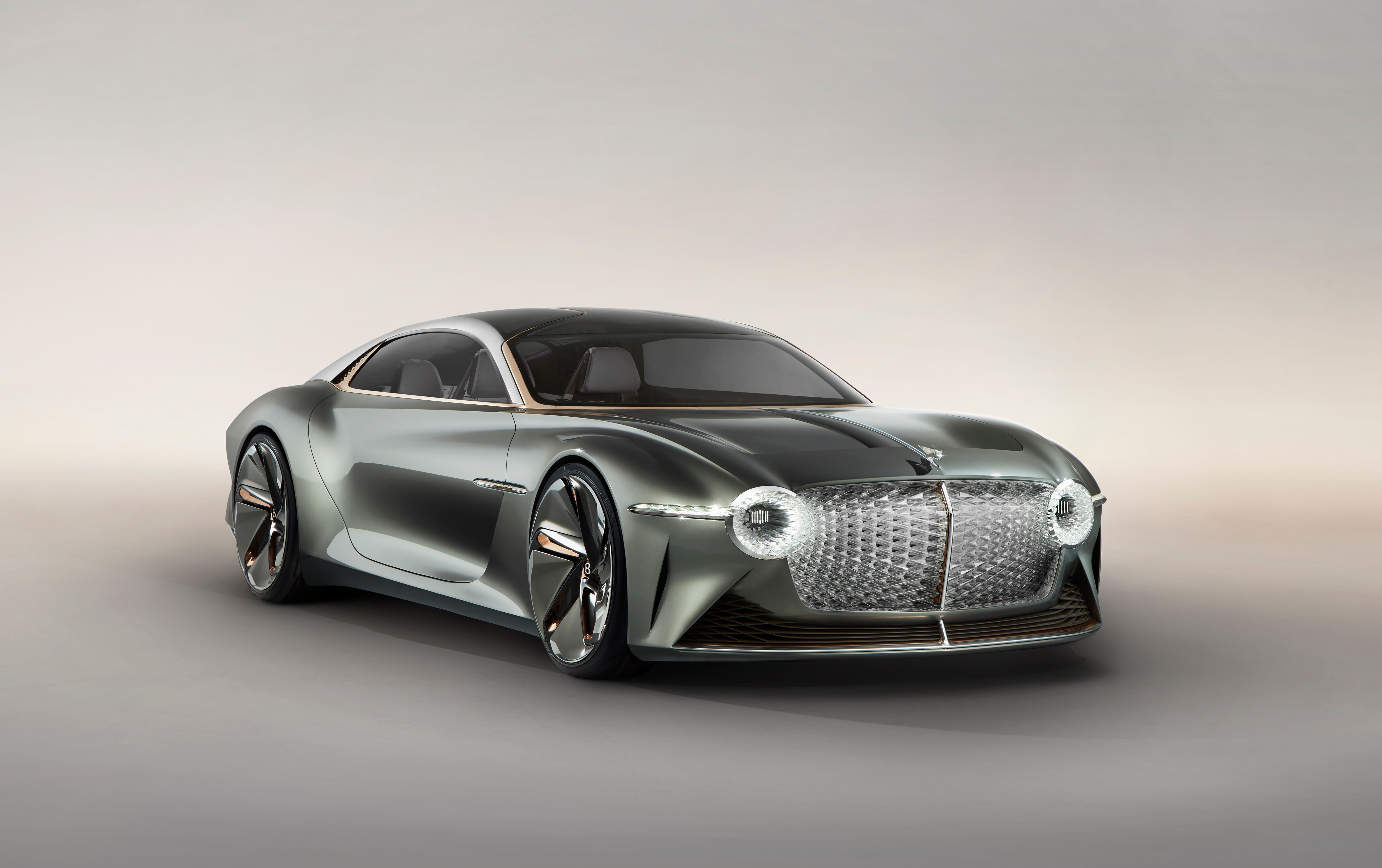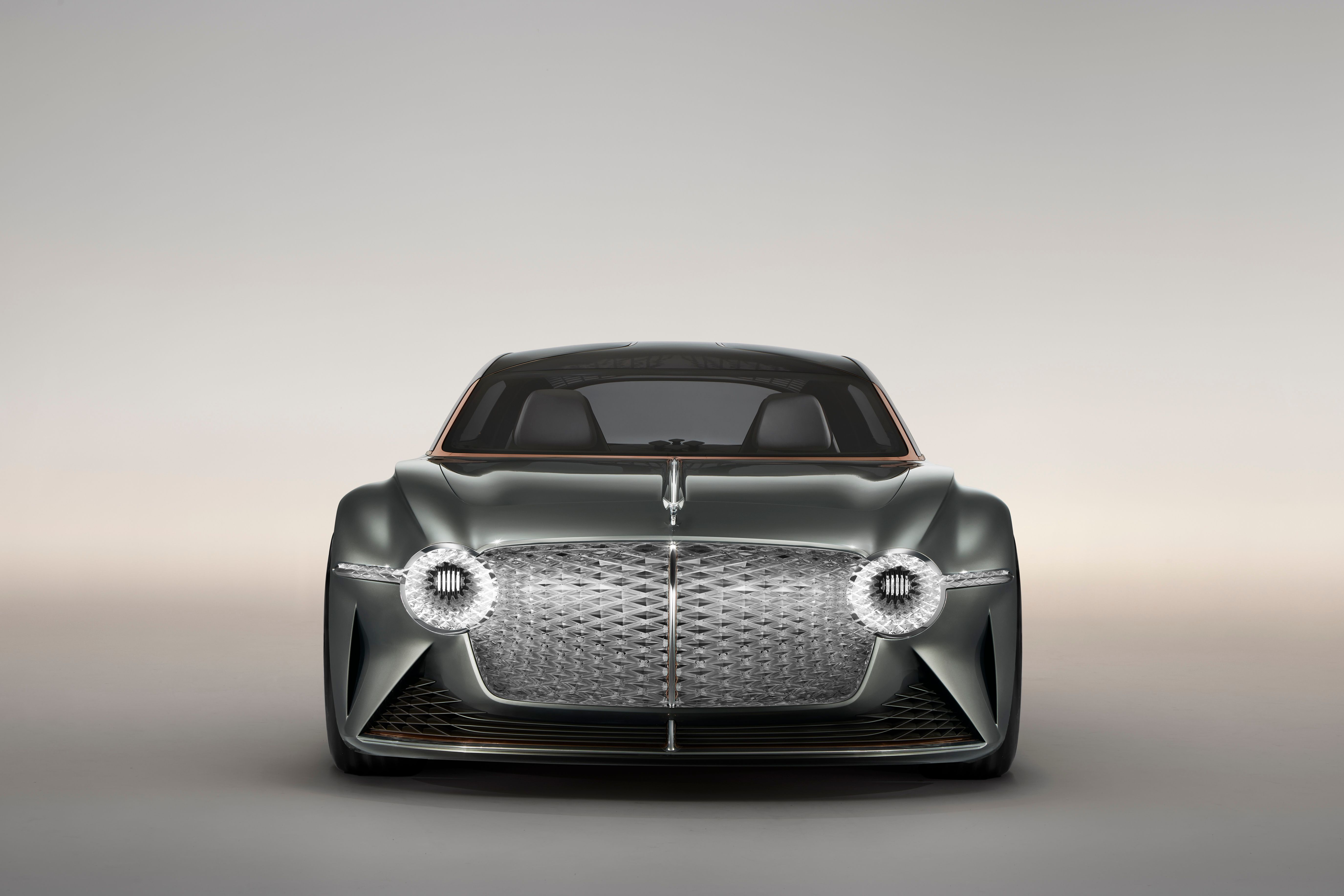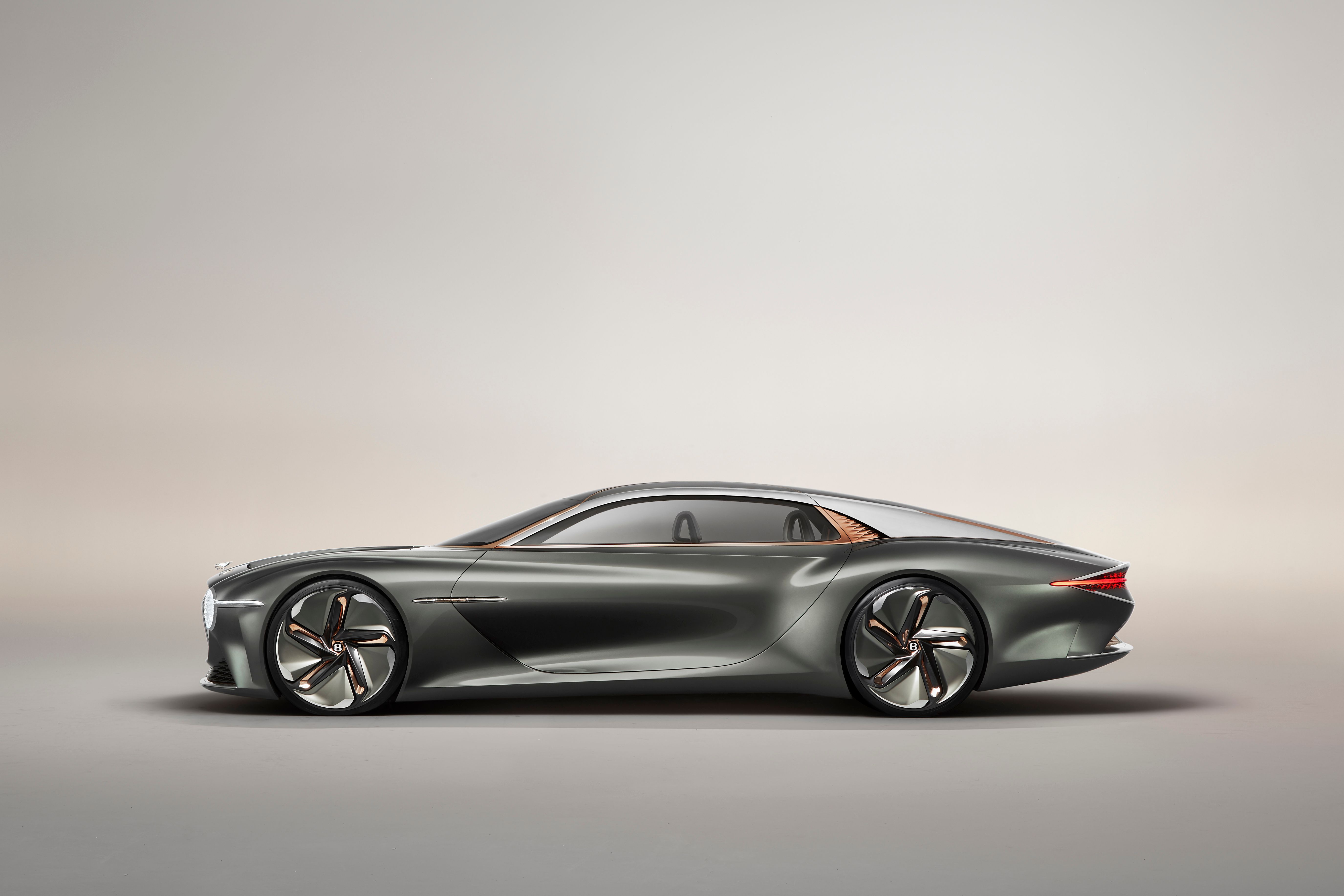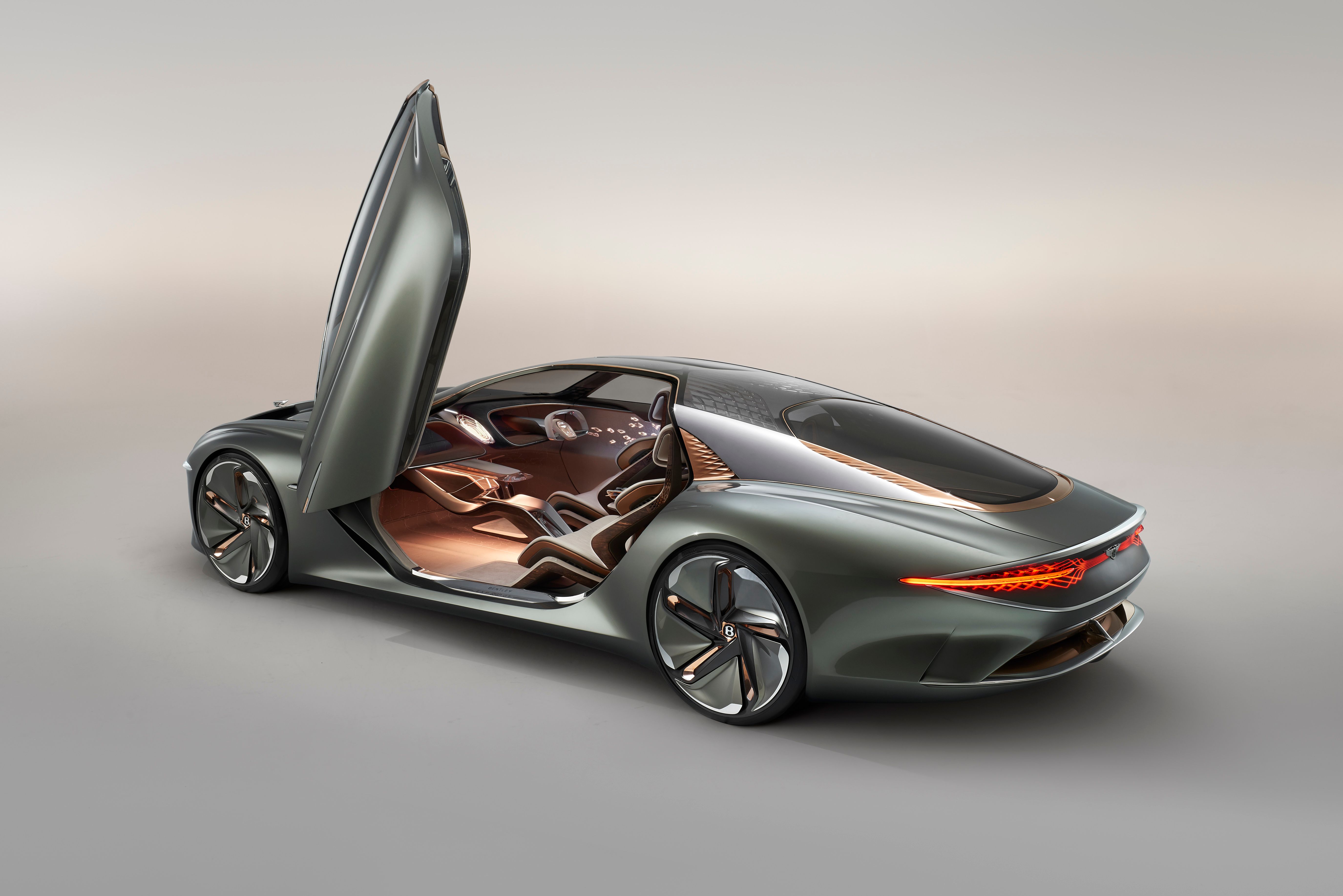Whether they like it or not, carmakers need to adjust to the times and for now, the electrification trend looks like the way the car industry is heading. While automakers like Ferrari are claiming they’ll stay loyal to the internal combustion engine, others are going head first into electrification.
Bentley is one of them, most likely pushed from behind by the whole Volkswagen Group’s change of direction in recent years, following what we all know as Dieselgate. The luxury carmaker has outlined some ambitions plans for the future, including full range electrification by 2026 and a fully-electric lineup by 2030.
Bentley’s electrification timeline looks kind of tight
Then again, Bentley has the full backing of VW Group, which has already churned out a handful of EVs through brands such as Porsche (Taycan), Audi (e-tron), and Volkswagen (ID.3 and ID.4).
Therefore, the solutions are already there, so it’s only a matter of integrating them under Bentley’s ethos. This shouldn’t be too hard, because look at it from this perspective: the current Continental GT sits on a tweaked Panamera platform, so Bentley’s next EV luxo-barge could share underpinnings with the Taycan, whose electric architecture is more than appealing both in terms of performance and efficiency. Just look at the Cayenne E-Hybrid-based Bentayga Hybrid.
The electrification step is set to happen by 2026. After four more years, Bentley wants to kill ICEs for good and offer only BEVs (Battery Electric Vehicles). In other words, purely electric cars by 2030.
The company has short-term plans, too, as it’s looking to launch two new PHEVs (plug-in hybrid electric vehicles) next year.
At the same time, the brand is aiming to become end-to-end carbon neutral by 2030. It already laid the foundation with its Crewe plant, after two decades of working and improving to that end.




